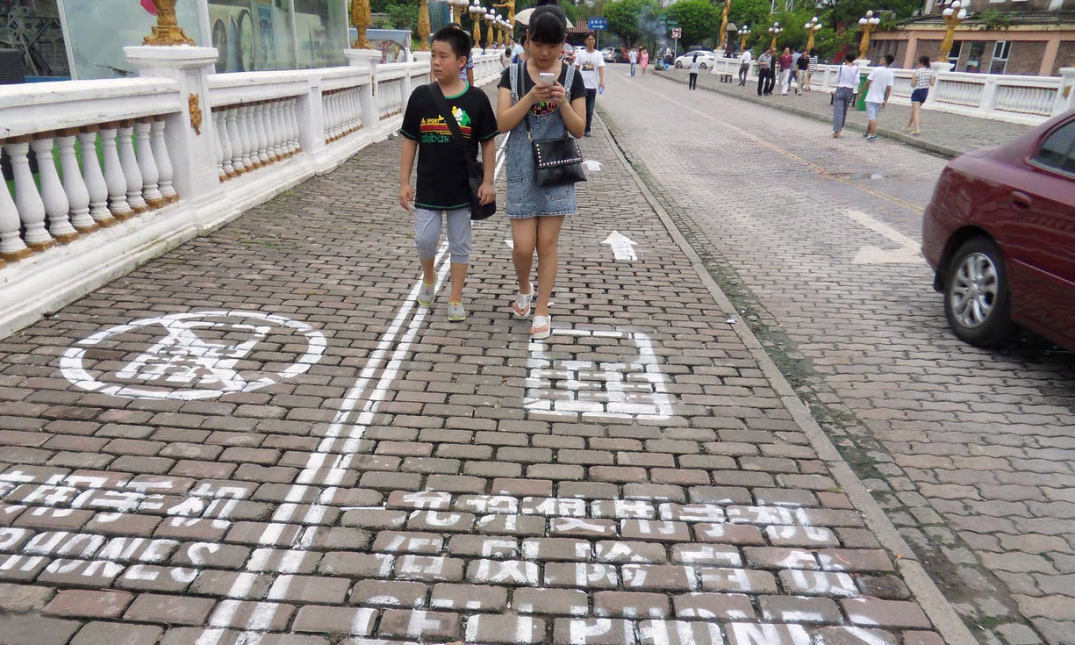This is my third year signing up for Write 6×6. This year I am setting a goal for submitting a full six pieces which I haven’t yet pulled off. Wish me luck!
Week 1 (Feb. 1-5): Who or What inspires you to do what you do here at GCC?
WRITE 6×6 INTRODUCTION
Welcome to the Write 6×6 Challenge. Beginning the Week of February 1st, we will begin our writing challenge.
What is the challenge? Well, the CTLE invites you to create 6 pieces of writing, one each week for 6 weeks beginning February 1st. Aside from the 1 post each week for 6 weeks, the only other rule is that the writing must be about teaching, learning and student success. That’s a lot of latitude to write about pedagogy, tools, successes, challenges, or hopes and dreams.
The short term goal of the challenge is to give faculty, staff and administrators a playful space to share and learn and to see what colleagues are doing in classes and around campus. These writings will also be in a place where new and seasoned faculty can easily access them for years to come. The long term goal of the Write 6×6 Challenge is to push faculty, staff and administrators to be reflective practitioners in the field of education and share their reflections with colleagues. While the six weeks of writing may be a start, we hope that some of the participants will continue to write and share their thoughts about the educational landscape.
 We will use the internet as a place to write and share the work. The faculty, staff and administrator writing will be magically delivered to the CTLE Write 6×6 blog, and it will be there so that you can read the work your colleagues submit. The CTLE will help you build a place to write from and support you throughout the 6 weeks.
We will use the internet as a place to write and share the work. The faculty, staff and administrator writing will be magically delivered to the CTLE Write 6×6 blog, and it will be there so that you can read the work your colleagues submit. The CTLE will help you build a place to write from and support you throughout the 6 weeks.
You can see scheduled Write 6×6 trainings here or call us anytime and we will happily make you a master of writing on the internet in less than 20 minutes. And when you run astray during the 6 weeks, we will be available to help you find the right path. Really!
What is in it for you besides sharing your thoughts and ideas with your colleagues? For completing each week, the participants will be rewarded with a variety of awesome gifts (to be determined) To sweeten the deal, we will reward you with a pint of Ben and Jerry’s delivered to your office for completing the first week of the challenge! Adjunct instructors will get to pick up your awesome rewards from the CTLE.
So, are you up for the challenge? We know you are busy. We know you already share your ideas at workshops and at the water cooler. But we challenge you to use sentences as a way to reflect and share your thoughts about teaching, learning and student success with a broader audience. Imagine if 20 teachers, staff and administrators survive all 6 weeks that would produce 120 pieces of writing from GCC Gauchos about teaching, learning and student success! We could use that!
To signup, please email ctle@gccaz.edu before February 3rd or fill out the form below. The first week’s writing is due on the 5th.




 A ‘mobile phone lane’ on a street in a theme park in Chongqing, China. Photograph: Imaginechina/Rex
A ‘mobile phone lane’ on a street in a theme park in Chongqing, China. Photograph: Imaginechina/Rex
